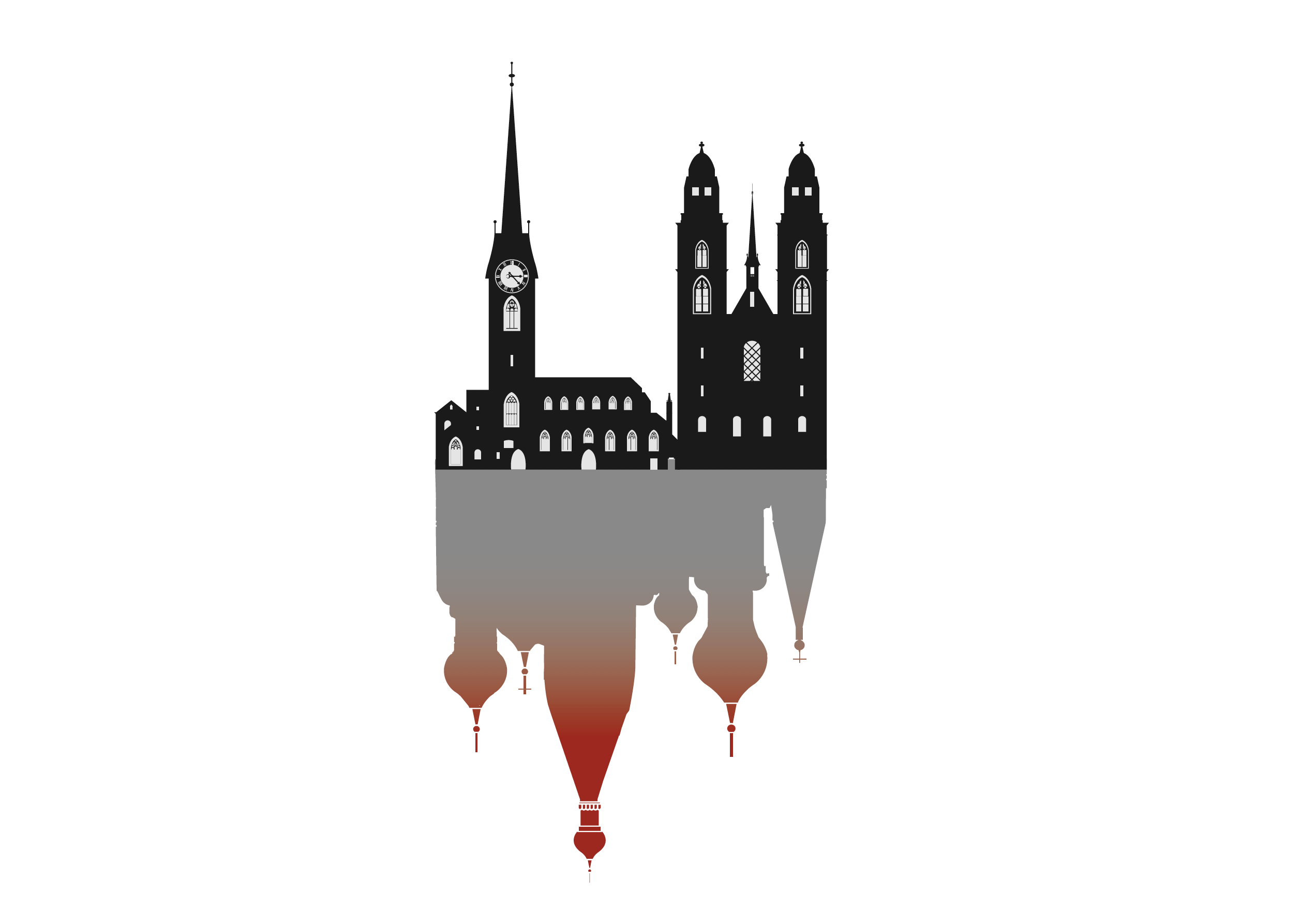In the Church of Sweden, part of the Lutheran communion, there is no issue about having female priests with women outnumbering men in the role.
It is a different story in the Roman Catholic Church though and the matter has not yet been fully debated.
The archbishop of Hamburg, Stefan Hesse, has called for an open debate on the ordination of women in the Catholic Church, America, the Jesuit Review reported.
“One has to be permitted to think about and discuss the issues,” the German archbishop said on Aug. 19.
He argued that document “Ordinatio sacerdotalis,” St. John Paul II‘s 1994 letter that stated the church cannot ordain women as priests, was positioned as a response to those who considered women’s ordination “open to debate.”
In it he affirmed the male-only priesthood “in order that all doubt may be removed regarding a matter of great importance.”
Archbishop Hesse said new arguments had emerged in the conversation around women’s ordination that needed to be addressed. “The historical perspective is one thing—but it isn’t everything,” he said.
The news agency AFP meanwhile reported on Aug. 28 the Church of Sweden may be the world’s first to have more female priests than male ones, according to estimations shared by the World Council of Churches.
Female priests outnumbered males in Sweden 50.1% to 49.9% in July, and there are already more women in the country studying to become priests than men.
The Church of Sweden is an Evangelical Lutheran church with 6,1 million members and it has a female archbishop, German-born Antje Jackelén in a country of some 10.3 million people. There are 3,500 churches in Sweden, with 13 dioceses.
The tally of women priests comes 62 years after women were allowed to be ordained in the Swedish Lutheran Church and over a hundred years after Anna Howard Shaw, an American Methodist suffragist pastor, first preached in Sweden, in 1911.
‘HERE TO STAY’
In the Church of Sweden women “are here to stay”, said Rev. Sandra Signarsdotter.
She was ordained in 2014; in the same year Jackelén became the principal bishop of Sweden.
Despite changes in the church’s demographics, Signarsdotter noted that women “have not yet achieved equality” in the Swedish church.
They earn on average 213 euros ($334) less a month than their male counterparts, according to the specialist church newspaper Kyrkans Tidning.
Also, women hold fewer top jobs than men. Only four bishoprics are led by women of 13 in total.
“The way is still long,” Signarsdotter said “One day, a colleague told me ‘You have a beautiful butt'”.
“Even being a priest, I am first seen as a body,” she regretted, as she hoped the church would one day rid itself of “the patriarchal structures of society”.
The Guardian newspaper did some comparison between the Lutheran church in Sweden and its Anglican counterpart in Britain, the Church of England
“From a historical perspective, this parity happened faster than we earlier imagined,” said Cristina Grenholm, the secretary for the Church of Sweden, when the former State church announced that 50.1% of its priests are female.
A report in 1990 had estimated that women would not make up half the total clergy until 2090.
The UK newspaper report also focused on the male-female wage gap noting the differences cited by Kyrkans Tidning.
Grenholm said this was due to more men being in more senior positions.
The Church of Sweden allowed female priests from 1958 and first ordained three women in 1960.
In 1982, Swedish legislators scrapped a “conscience clause” allowing members of the clergy to refuse to cooperate with a female colleague.
Now, many parishes have both a man and a woman presiding over Sunday services, said Grenholm.
“Since we believe that God created human beings, both men and women, in God’s image, it is essential that we do not only speak about it, but that it is also shown.”
In 2017, the church urged clergy to use gender-neutral language, saying God was “beyond our gender determinations”.
Church of Sweden is the largest Lutheran group in Europe. But church membership, especially among young Swedes, has sharply declined in recent years.
The church separated from the State 20 years ago.
The Guardian report says that one in three active priests in the Church of England is female, although 51% of deacons ordained last year were women.
The church’s general synod, its ruling body, voted to allow female priests in 1992.












